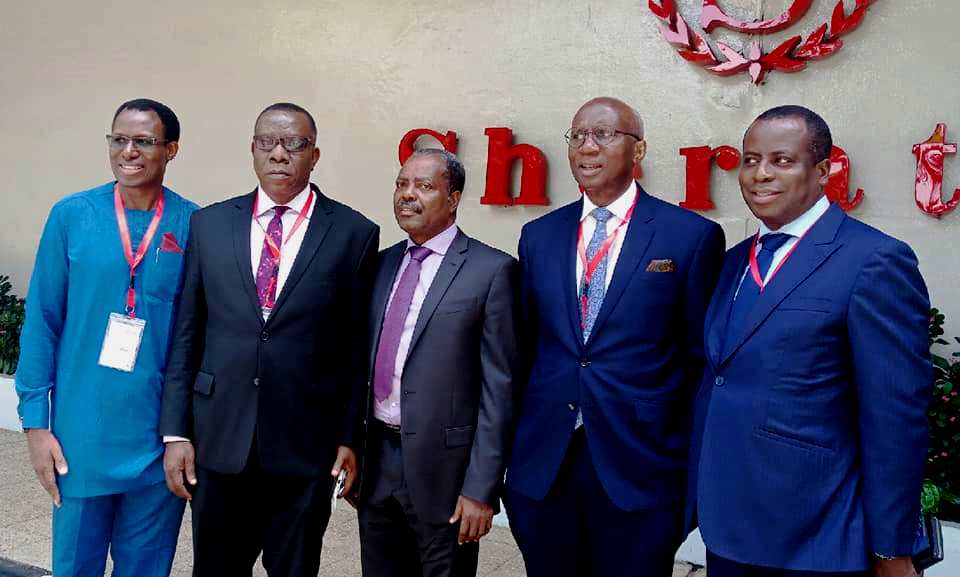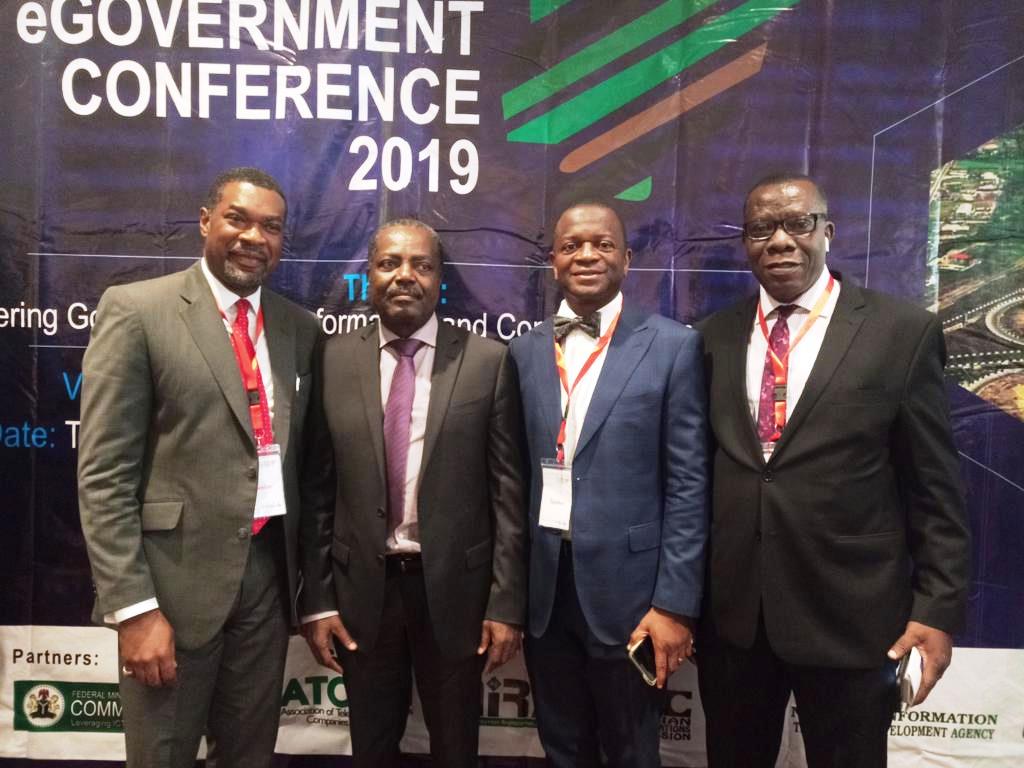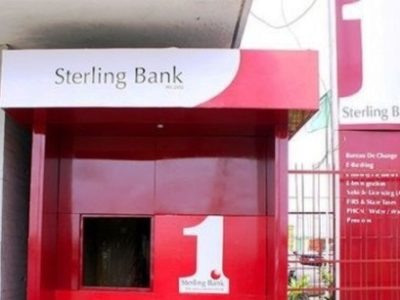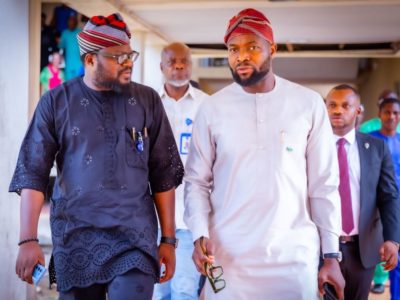By Emmanuel Yinka Fagbenle
Broadband penetration is now 35% according to the Executive Vice Chairman (EVC) of the Nigerian Communications Commission (NCC), Prof. Umar Danbatta, while making strong case for need to have pervasive broadband in order to drive eGovernment services in the public sector.

Danbatta in a recent keynote at the maiden edition of the Nigeria e-Government Conference organised by DigiServe Networks in Lagos said provision of e-government services in the country was dependent on broadband penetration.
In the paper titled: ‘E-Government: Powering Governance with Information and Communication Technology’ the regulator argued that at heart of of e-government adoption is the Internet, which. “Broadband must be as an important infrastructure must be available to both the government and the end-user citizens, businesses or other stakeholders to ensure effective interaction with the government,” said Danbatta who was represented by Director, Public Affairs, NCC, Dr. Henry Nkemadu.
Citing reports from the United Nations (UN), International Telecommunications Union (ITU) and World Bank to provide information on developments around the prospects of e-government, he told said the Commission has been working tirelessly to achieve ubiquitous access to the internet.
Danbatta, who traced the deliberate decision of Nigerian government to embrace e-Government to the National Telecommunications Policy 2000, said that decision led to the growth of e-services and proliferation of government portals providing all kinds of e-services to citizens, businesses and stakeholders who are able to remotely and efficiently enjoy government services with the best known today being the Treasury Single Account (TSA), the Integrated Personnel Payroll Information System (IPPIS) among several other e-services.
In this regard, Danbatta told the audience that the Nigerian Communications Commission (NCC) has continued to push various initiatives to deepen access to the Internet and by extension, Broadband services in the country.
“The Commission exceeded its 30% target for Broadband Penetration in 2018 and will continue its drive towards universal access as detailed in the framework of its 8 Point Agenda. As at August 2019, 2G subscriptions stood at 122.9 million, corresponding to 64.42 per cent of the population.
“Also, there were 49.7 million 3G subscriptions equivalent to 26.03 per cent of the population with 17.3 million 4G subscriptions representing 9.07 per cent of the population. Broadband penetration on 3G and 4G, which are categorised as Broadband networks, therefore stood at 35.10 per cent in August, 2019.
“The Commission is actively exploring the utilisation of television white space (TVWS) technology to expand affordable broadband services to rural areas, while we have issued Infrastructure Company (InfraCo) Licences to some organisations to deploy fibre across the geopolitical zones with Access Points in all the 774 local government areas of the Federation,” he said.
He said the Commission expected to increase the number of fibre deployment in Nigeria to 127,000 kilometre from its current 42,000 kilometer of fibre connectivity in the country. Through the InfraCo initiative, therefore, the Commission expects additional 30,000 kilometre of fibre to be added. This, he said, is aside the results expected from major Mobile network Operators (MNOs), who also earmark resources, on a yearly basis, to expand their fibre deployment.
Danbatta, however, stated that the NCC is also working with the Ministry of Communications and Digital Economy and other necessary stakeholders towards addressing the perennial industry challenges such as the Right of Way (RoW) issues, multiple taxation and regulation, vandalism/fibre cuts, theft of telecoms equipment, insecurity, power problem, among others – all of which are critical industry issues- impeding fast Broadband infrastructure deployment in the country, which has impacted the level of access to government, businesses and individuals to enjoy e-government services.”
Other key speakers, who spoke at the conference included Ernest Ndukwe, former EVC of NCC; Gbenga Adebayo, Chairman, Association of Licensed Telecommunication Operators of Nigeria (ALTON); Olusola Teniola, President, Association of Telecom Companies of Nigeria (ATCON); representatives of other government Ministries, Departments and Agencies (MDAs) and other private sector key players.
Additional report: NCC Facebook handle































